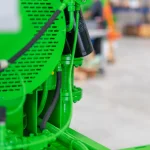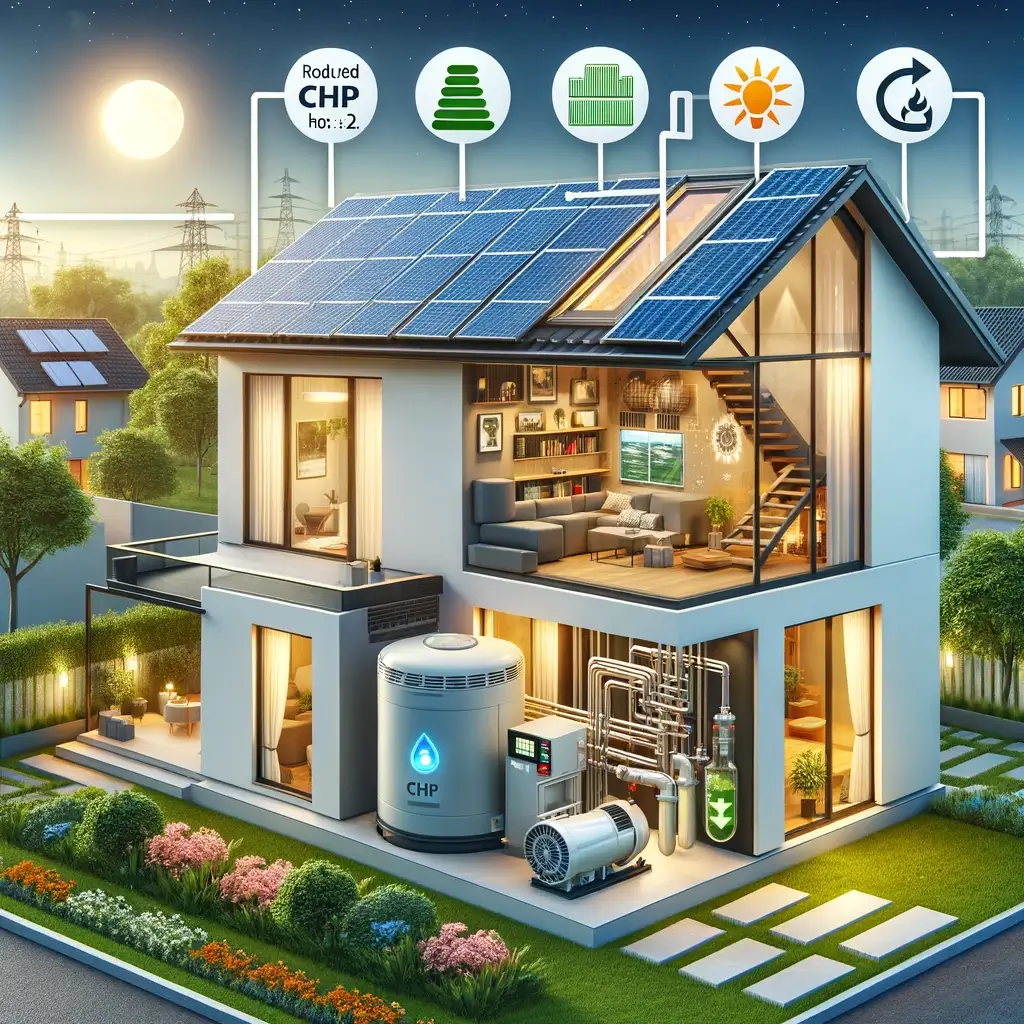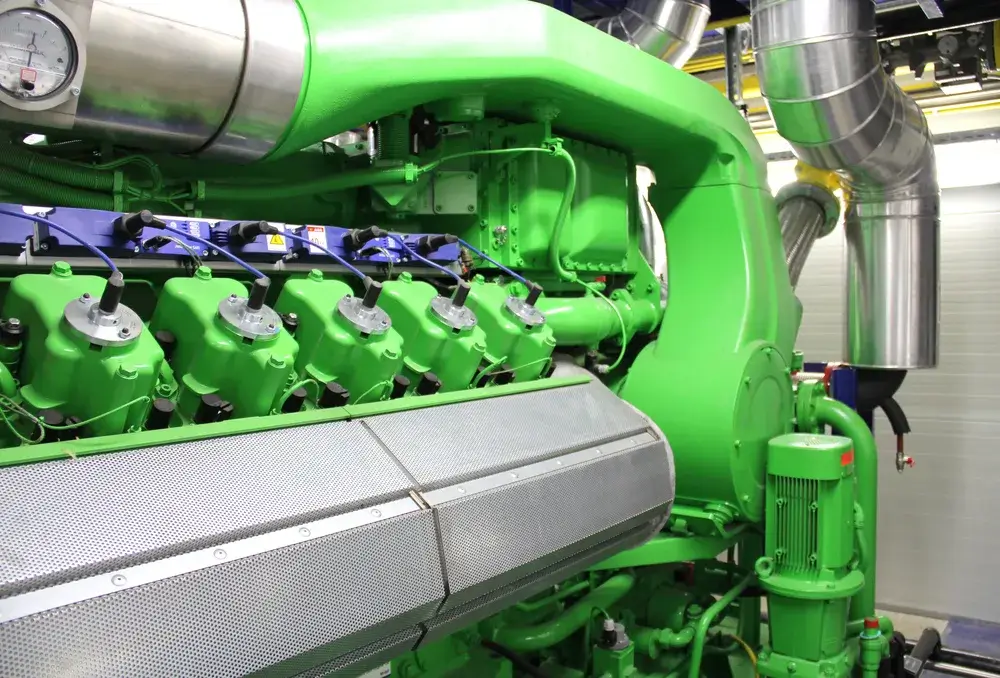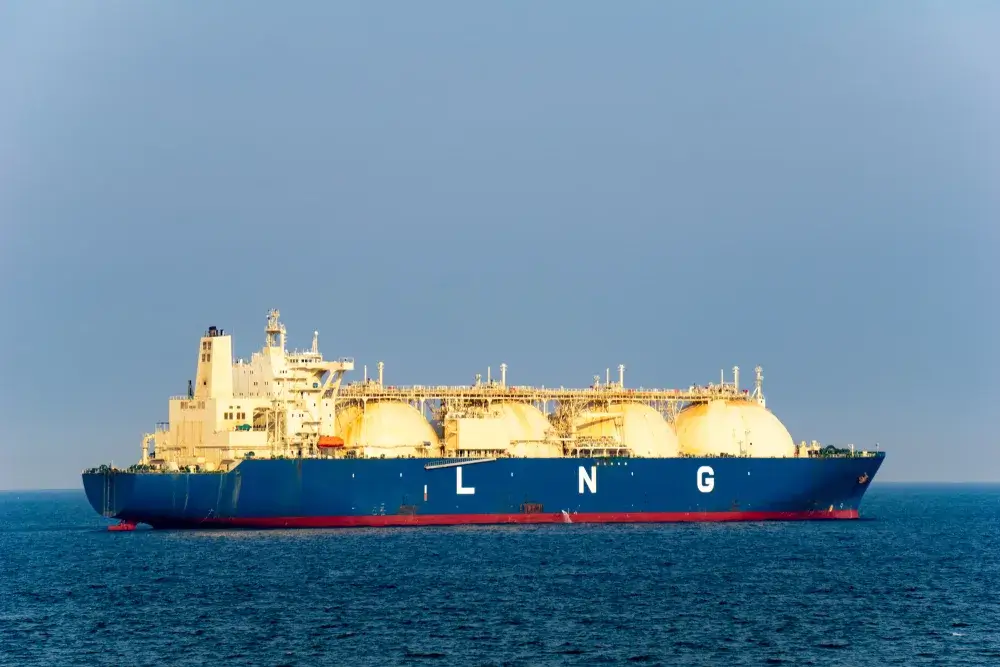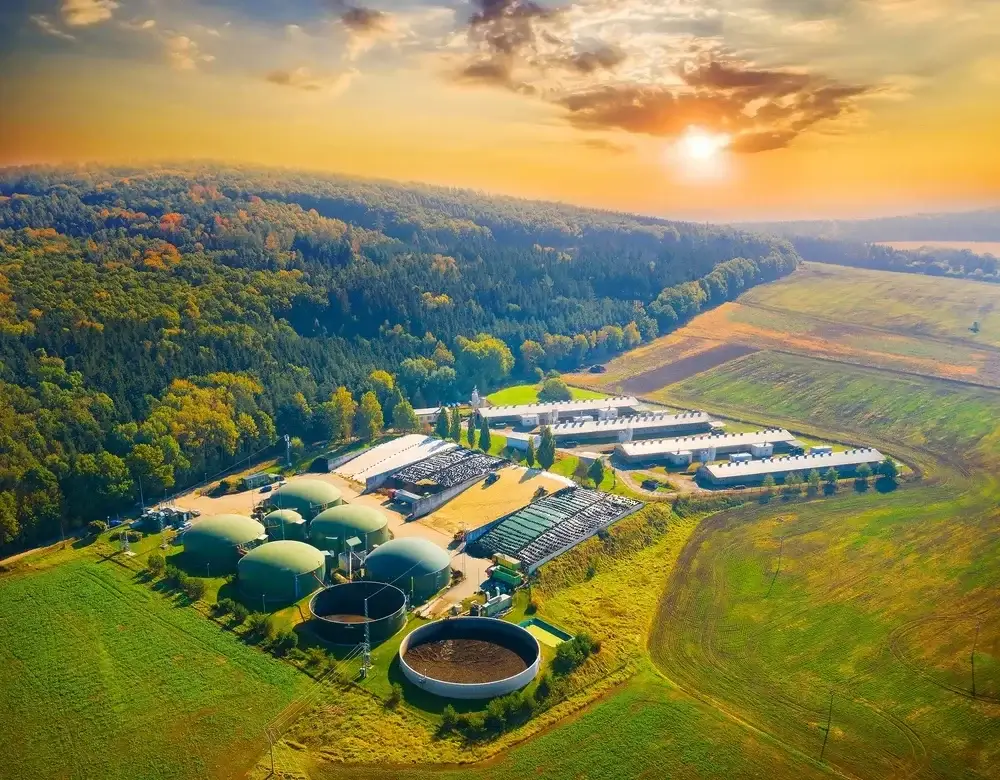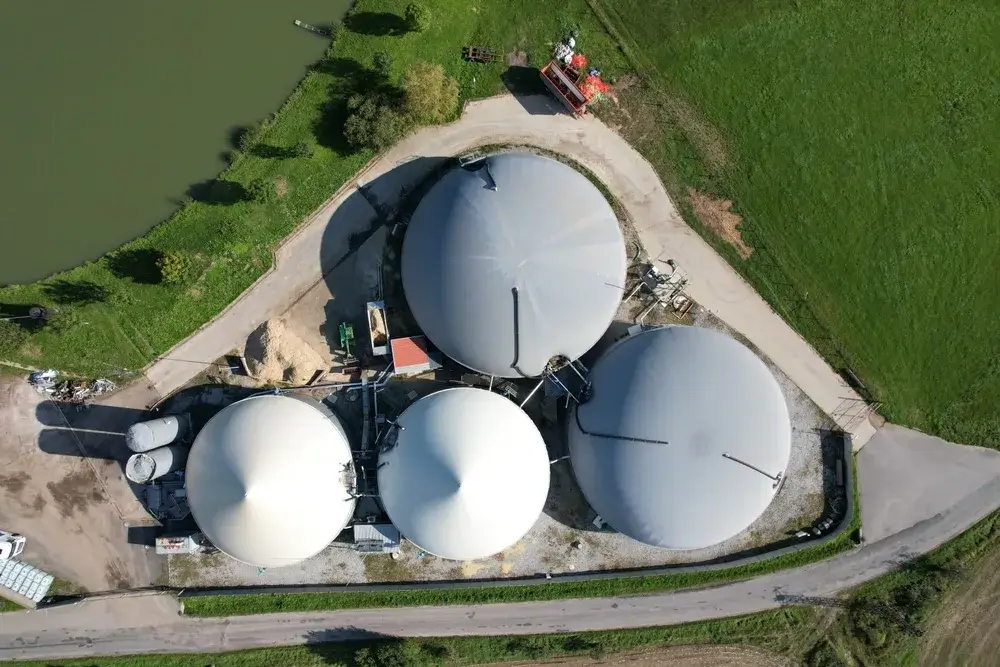REMAN – What does it mean?
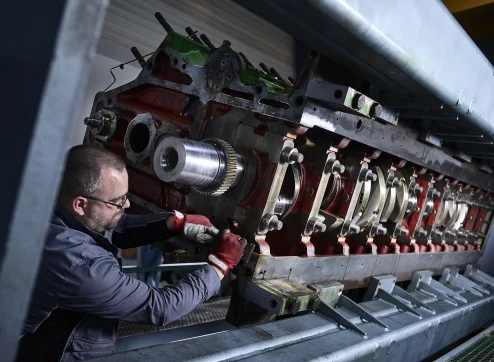
REMAN refers to the remanufacturing of used components – restoring them to meet OEM (original equipment manufacturer) specifications with new parts, testing, and quality assurance. In gas engine applications, this process offers a cost-effective and sustainable alternative to new products.
This article explains what REMAN means, how it differs from rebuilding, and why remanufactured parts and engines are a smart choice for reducing downtime and extending equipment life.
What does REMAN mean in industrial applications?
In industrial environments where reliability and uptime are critical, REMAN refers to the process of restoring used engines or gas engine spare parts to OEM specifications through a controlled, standardized remanufacturing process. This involves complete disassembly, thorough cleaning, inspection, replacement of worn parts with new components, and testing to ensure performance meets original standards.
Remanufactured products such as actuators, turbochargers, oil pumps, cylinder heads, and connecting rods are widely used to minimize downtime and extend equipment life. For operators of gas engine systems—whether running on natural gas or biogas—REMAN ensures that key components are restored to high-quality operational condition.
Compared to aftermarket replacements or unverified used parts, REMAN offers a dependable solution with improved uptime, reduced overhaul frequency, and enhanced system durability, all while supporting sustainability goals by giving existing units a new life.
Remanufactured vs. rebuilt or overhauled – What’s the difference?
While the terms remanufactured, rebuilt, and overhauled are often used interchangeably, they refer to different processes with distinct outcomes. In the remanufacturing process, a component or engine is completely disassembled and restored to OEM specifications using new components and tested according to original standards. The result is a reman product that performs like new, often with an included warranty.
In contrast, rebuilding or overhauling focuses on replacing only the visibly worn parts. An overhauled engine may retain aged components, resulting in varied reliability. For operators seeking high-quality, long-term solutions for gas engine systems, remanufactured parts deliver greater consistency, performance, and durability, while helping reduce downtime and improve uptime.
The benefits of remanufactured products
Choosing a remanufactured product over a new or rebuilt alternative offers a number of strategic advantages—particularly in high-demand industrial environments.
One key benefit is uptime. Remanufactured parts are typically available with shorter lead times, helping to reduce operational downtime. Their performance and reliability match that of new products, offering the same durability at a lower cost.
Additionally, remanufactured engines and components often come with a comprehensive warranty and upgrades, giving operators added confidence in their performance. By extending the new life of original components, reman options support sustainability goals and minimize waste, without compromising on quality.
This makes reman a cost-effective, environmentally conscious, and technically sound choice across various power generation applications.
Why REMAN matters
In industrial power generation, reliability, efficiency, and sustainability are non-negotiable. This is where remanufacturing proves its value. By restoring components such as cylinder heads, turbochargers, alternators, and connection rods to OEM specifications, reman processes help extend equipment life, improve availability, and reduce costs – without sacrificing quality.
A reman engine or remanufactured part is not simply reused; it’s rebuilt with precision, incorporating new components where necessary and tested to ensure full compliance with operational requirements. With options that include warranty protection and compatibility with a wide range of systems, remanufactured products offer a smart alternative to buying new – especially in environments where uptime and resource efficiency are critical.
For operators aiming to minimize downtime, comply with technical requirements, and extend the operational life of their systems, remanufacturing represents more than just a maintenance solution – it’s an investment in long-term performance and efficiency.
Looking for REMAN solutions? PowerUP is your partner
At PowerUP, we offer remanufactured products designed to meet OEM specifications and deliver lasting performance. Our REMAN solutions help operators reduce downtime, extend equipment life, and improve operational efficiency—all while maintaining high-quality standards. If you’re exploring options for remanufacturing, our team is here to support you with the expertise and reliability needed to keep your systems running smoothly.


